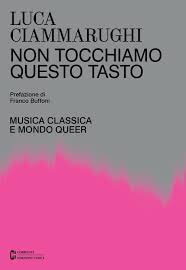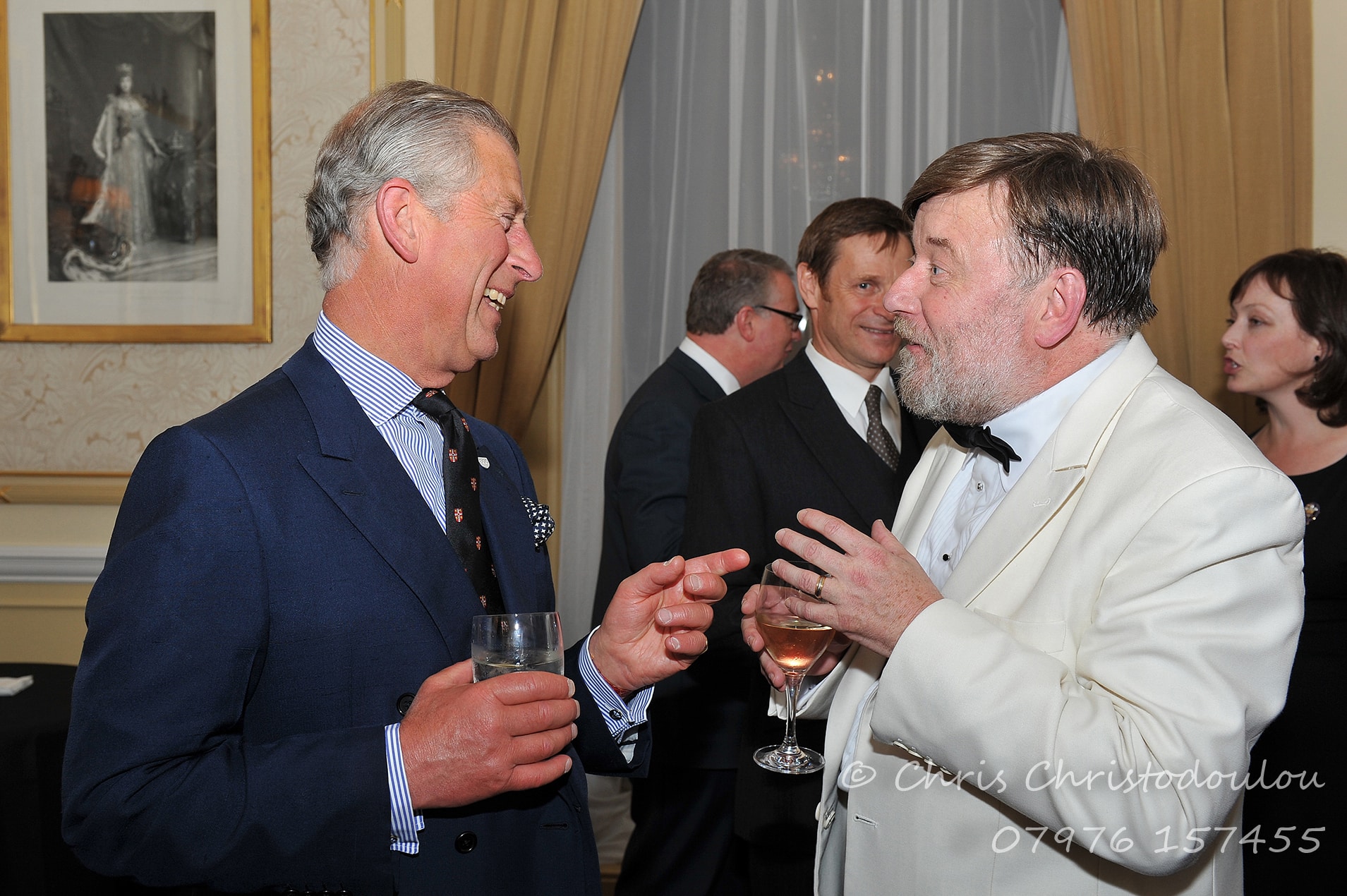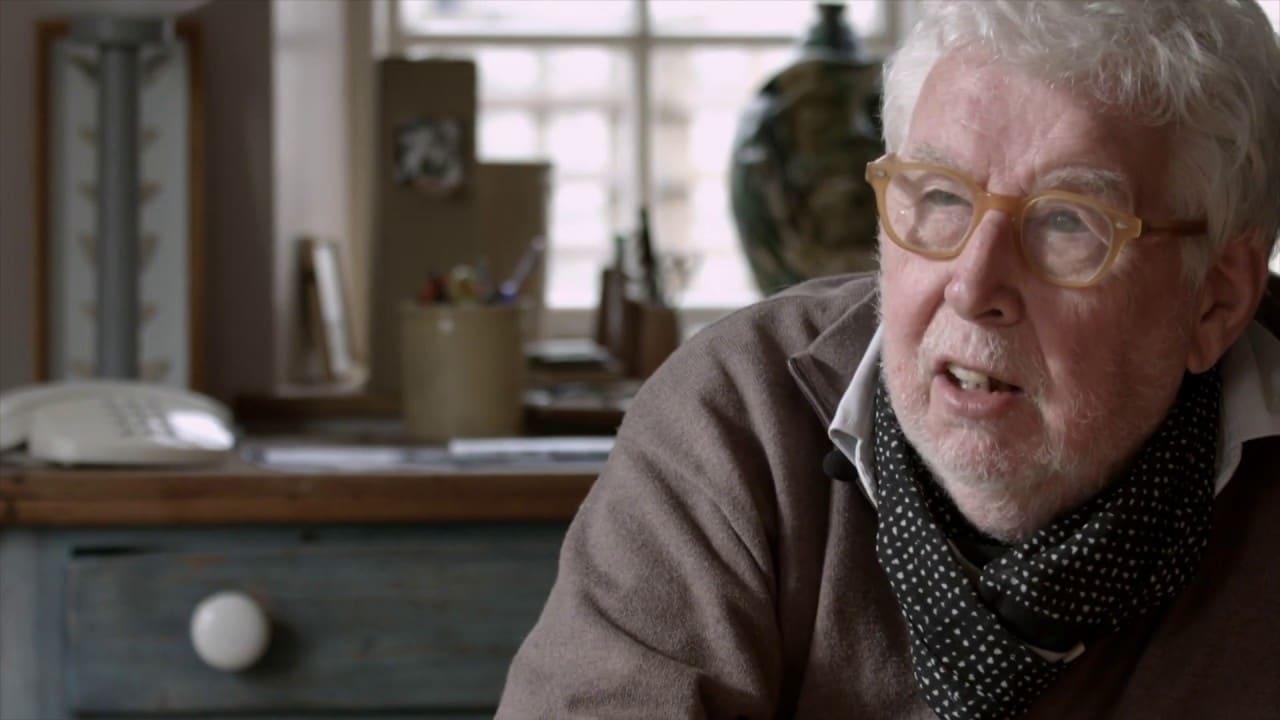Italian pianist blows the whistle on gay composers
NewsThe pianist and activist Luca Ciammarughi has published a book about the gay lives of great composers.
Starting with Handel and Schubert – both cases disputed by established scholars – he adds Chopin to the gay list, arguing that George Sand was not his lover but his cover. Ciammarughi further contends that a composer’s sexuality is buried in the music he writes.
Britten, for one, would have furiously denied that.
But the debate continues.






I am afraid a book on straight British and American composers would be a rather short one.
And a book on interesting str8 American and British composers (of the 2nd half of the 20th century) would be short and consist of blank pages.
gay “lifestyle” ??
What are we, back in the 1980’s? Wait, wait, are we going to bring up the “homosexual agenda” now as well?
And I thought the dark ages were behind us.
Btw, pray tell, what is a straight melody? or a gay chord?
A “gay chord” is a major chord in a bright key as opposed to a sad chord: usually a minor chord.
Didn’t have much to do during lockdown?
Well the second raters have to make a living by publishing tripe, don’t they?
This book is musicology, innit.
Doesn’t he know that some scholars have claimed that Constanze was Mozart’s cover, while Süßmayr was his lover? Debate continues.
The pianist plays the music, but it was the activist who wrote the book.
The book is not only about the society and life, but also about the music.
What a nonsense.
And then: both ‘homosexual’ and ‘gay’ don’t exist. These are terms invented by ignorant people in ignorant times, the first by shocked victorian doctors, drawing attention to the component they found the most disgusting, and the second by American hippies in the sixties suggesting it was about hedonistic life style choices, defending promiscuity.
Variations in amorous taste have existed since time immemorial and in Antiquity they even did not have a word for it. Searching for traces in the music of composers who had supposedly ‘different tastes’ is like trying to spot evidence of vegetarianism in symphonies.
I’ve often considered the great Dutch symphonies to be more vegan.
Or vegetarianism in operas. I am curious about vegetarianism in The Ring. It would keep the alternative music theorists we’ve been reading about busy for a few years. They could apply for vegetarian grants to finance the project.
Gives a whole new meaning to Swedish Rhapsody, doesn’t it?
That’s the comment of the year, as far as I am concerned.
Happy New Year, all.
So you reduce my love for my husband to an “amorous taste”. I see.
The taste is about the gender which is the mere wrapping paper.
(1) “The taste is about the gender which is the mere wrapping paper.” The ‘taste’, as you call it, is about the sex of the person, not their gender. (2) The sex of the person is not ‘mere wrapping paper’. (3) The phrase “amorous taste” is best restricted to particular sexual moves like having your toes licked. The complexities of sexual attraction and love are trivialised by being spoken of as an “Wamorous taste”.
Do you know that the Italian word “tasto” doesn’t mean “taste”?
Crassus to Antoninus; “It is all a matter of taste”.
https://www.youtube.com/watch?v=4oOj3vycvZQ
Who cares??? And btw Jesus lived with 12 men…
The Theological Faculty at the Texas Institute of Technology is still discussing the matter, be it behind closed doors.
We always hear the same drivel about Handel being gay, without writers producing a scrap of written evidence or naming a single homosexual lover. Newspapers of the time discreetly named Handel as being the lover of one female Italian singer and later of Princess Caroline.
If Chopin was gay, he was a tremendous actor. His life in Paris in the 1830s and 40s was about adoration of the female voice in Bel Canto opera, and the femme soul/being. (look up documentary “Chopin, women behind the music.
If you think that is some kind of indication that he didn’t have a sexual preference for men, you really don’t understand sexuality at all. There is no shortage of gay men who have an adoration for the female voice and the “femme soul/being”, as you put it. If you look at the personalities that are widely considered to be “gay icons” you will find that the majority of them are female.
These things are complex. Wagner, for instance, was so enthusiastic about ‘the feminine’ that he dressed as one in private. Once, chased by creditors, he escaped Vienna dressed in woman’s clothes, so he had good reasons to emulate the opposite sex.
Aa far as I can understand, great music transcends all matters of sexual preference, as is amply evidenced in all the great works of the non-heterosexual composers. Why the need to make an issue of people’s sexuality anyway? It is a private matter.
Heterosexuals don’rt keep it a private matter. At the office water-cooler a man will often tell us what “he and the wife” are doing for their holidays, and a woman will say she got such-and-such a birthday gift from “my husband”. Can’t they stop ramming their sexuality down our throats?
What is queer is that anyone finds this subject of any importance. Does creativity depend on sexual preference?
I am the author of the book. First of all, I do not claim that there is such a thing as gay music: that would be ridiculous! A modulation or a harmony cannot be gay or straight. However, there are cases where a composer’s lived experience can be important to better understand their work. Isn’t knowing better than not knowing? For example, it is difficult to fully understand the sensuality of Szymanowski’s Sicilian-inspired works (Król Roger, for example) without considering the fact that Sicily had represented for him the liberation of a repressed sexuality in his native Poland.
Britten’s case is particularly relevant from the point of view of the librettos: almost all of his operas (and especially Death in Venice, The Turn of the Screw, Peter Grimes, Billy Budd) deal with the theme of the relationship between innocence and maturity, which also corresponds to a “sexual ghost” that obsessed Britten.
Another important thing: this is not a book about gay composers. In the book I openly say that before the 20th century the word “gay” cannot be used, in fact at most I use the adjective “homoerotic”. And I do not say at all that George Sand was a cover: it is perfectly possible that Chopin loved women and men, we do not know if on a platonic or carnal level.
To those who say “but didn’t he have anything better to do in the lookdown?” I suggest more amusing erotic pastimes than this book of mine, which is a text of musicological divulgation, not of gossip 🙂
I think you mean to say thank you for alerting non-Italian speakers to the existence of your book.
Yes, thank you so much! ❤️
I was just a little amazed by the prejudices in many comments 🙂
I apologise for them. all good wishes for the New Year, N
“a composer’s lived experience”
“Lived experience” is a common pohrase these days, but it puzzles me because I often wonder what other sort there is. What could “my unlived experience” mean?
However interesting all of this may be, it leaves out entirely the main point, which is the imagination of the composer. It is entirely irrelevant whether for Szymanowski the island of Sicily meant this or that, because such things are mere stimuli for the imagination. It could as well have been something entirely different. Music is an abstract art, filtering-out any concrete material references, even in so-called ‘programme music’. Amorous orientation has nothing to do with it, because there is a fundamental difference between stimulus and composition process. By writing music, a composer enters a territory very different from his private concerns.
For instance, Debussy was never in Spain but wrote some of the most Spanish pieces in the repertoire. He never travelled by sea and wrote La Mer while on holiday in the Bourgogne. Music is not literal but represents the effects of stimuli.
John Borstlap, in fact, I didn’t think of instituting pedantic correlations between gender identity and music. Perhaps it is difficult to judge a book without having read.
If anything, Chopin was at most asexual and, given his fatal illness which took 10 years to kill him, he was highly unlikely to raise the Pole, so to speak. (o dear). And as for Miz Sand, what she was about was well known in her time as it is now; what she had to say about anything very much needs to be taken with a dose of paragoric.
For me all of this seem to be mere spasmodic contrafibularities.
More dribble and gossip! WHO CARES?! This seems similar to the article in the newest issue of “Opera” about Elizabeth Schwarzkopf where the author seems to assert that she was lesbian. SO? WHO CARES? HOW is this relevant to anything? Is there no privacy for these people?
“Is there no privacy for these people?”
So I take it that you will be protesting, as well, about all the biographies that mention she was married to Walter Legge. WHO CARES about such things?
I checked and listened to some piano playing of him
….mmhhhhhhhh….
The translation of the title is:
“Let’s not touch this key”
Tasto = Piano Key (not “taste”!)
And it would be best to read the book before talking about it! The book does not say that there is a gay music. But to study some of the biographical background of some composers. As for example Norman Lebrecht did in his book “Genius & Anxiety” with a Jewish theme.
If anything, it is Anglo-Saxon musicologists (such as Susan McClary) who have identified equivalences between homosexuality and music in their gender studies. Not me.
I am astounded by the comments, which exude implicit homophobia.
A couple of days ago, on BBC Radio 3, I heard the Adagietto of Mahler 5 described as something like his love-letter to his wife. Where are all the protests against this absolutely and shamelessly blatant attempt to relate a piece of music to the composer’s love-life?–Where are all the cries, apropos of that, that NO-ONE CARES ABOUT SUCH THINGS and THESE THINGS SHOULD BE KEPT PRIVATE? Yet a suggestion that there might have been a Jakub so-and-so who inspired a couple of particularly tender Chopin nocturnes brings the NO-ONE CARES brigade out in force. Double standards?
Exactly! Most people are annoyed that you only enter composers’ bedrooms when they are gay.
Besides, how many times has the relationship between lived experience and artwork been studied? Think of books on music and politics, Nazism, communism, freemasonry, wealth or poverty, living conditions, relationship to society. Isn’t the world of desires, fears, censorship related to erotic life important?